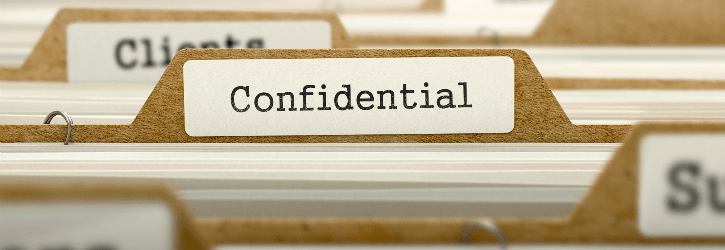
Sign-up to a data breach claim today - use our quick and easy form to begin your claim for thousands of pounds in compensation.
The vital crime-fighting function of the police means that they are allowed to request, process and use much more data than most people would ordinarily disclose to a third party. Many trust the police to handle the information that they are given access to with caution and respect, only requesting and viewing it when absolutely necessary. However, there are unfortunate examples of police using data without consent, abusing their powers to view or use information inappropriately.
Police officers are not above data protection law and this is important to remember. It may be that certain allowances are granted to them in accordance with the GDPR, but they are still bound to certain restrictions.
As such, those who are affected by police data breaches may be entitled to claim compensation for the harm caused.
As mentioned above, there are specific guidelines in UK data protection law setting out how information can be processed for law enforcement purposes. Essentially, police employees can request and process the data they require to investigate crime, within certain limits.
The police often use a system called the Police National Computer, which stores information and criminal records data for access by police departments across the UK. However, officers are not allowed to browse this system freely with no good reason, and instead must use it when they have a valid policing reason. If an officer were to use this system to check up on someone they know, this could be an example of police using data without consent.
Some examples of police using data without consent have hit the news in recent years, calling into question how appropriately the force’s powers are being used by certain employees. For instance, a Derbyshire police employee reportedly evaded dismissal earlier this year after unlawfully accessing records of an incident and then sharing a photo of the document with colleagues.
Even more recently, police using data without consent were caught out by a hate crime victim, who found out that the video of the incident was being used for training purposes at Avon & Somerset police without her permission. The victim had suffered significant mental health problems following the hate crime, and was shocked to hear that it may have been viewed by dozens of police officers.
More generally, the Information Commissioner, Elizabeth Denham, raised the issue of data extraction last year, suggesting that the police were taking too much personal information from victims and witnesses’ phones, such that it may be discouraging them from reporting crimes.
For those who have fallen prey to police using data without consent, whether it concerns inappropriate data or misuse of a police computer, data breach claims can help victims to recover compensation for the harm caused. We understand that it can be worrying to learn that your private information has been processed inappropriately, and the element of distress can be taken into account when considering your compensation value.
Your Lawyers, as leading specialist data breach lawyers, have brought claims against all kinds of defendants, including hospitals, councils and large businesses. As such, we are accustomed to holding large organisations to account for breaking data protection law. To find out more about making a compensation claim, contact us today to receive free, no-obligation advice.
EasyJet admits data of nine million hacked
British Airways data breach: How to claim up to £6,000 compensation
Are you owed £5,000 for the Virgin Media data breach?
Virgin Media faces £4.5 BILLION in compensation payouts
BA customers given final deadline to claim compensation for data breach
Shoppers slam Morrisons after loyalty points stolen
Half a million customers can sue BA over huge data breach
Lawyers accuse BA of 'swerving responsibility' for data breach
The biggest data breaches of 2020
Fill out our quick call back form below and we'll contact you when you're ready to talk to us.